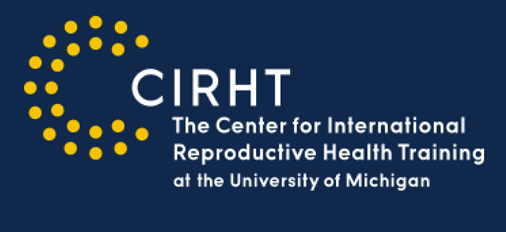Speaker
Description
Background
Literature on the barriers and facilitators of mental health services for children and adolescents in sub-Saharan countries like Uganda is not readily available. This likely highlight the need to a study like ours. Our aim was to explore health worker’s perspectives on the barriers and facilitators of the provision of mental health services to children and adolescents with HIV/AIDS in Gulu, Uganda.
Methods
Qualitative research study type where focus group discussions and key informant interview were conducted among health workers of different cadre who are involved in the provision of HIV/AIDS medical services to children and adolescents in Gulu.
Results
Barriers to the provision of mental health services were lack of knowledge, heavy workload, children not brought to the clinic, focus on HIV medication and viral load, unclear procedures and lack of work tools. Facilitators included mental health training, peer workers/lay workers, the use of youth corners and separating clinic days from those of adults, external support from donors and funders, the role of NGOs and the church.
Conclusion
A poor understanding of mental illness, its causes and treatment among both patients and health workers is a barrier and may prevent children and adolescents with HIV/AIDS from accessing or fully utilising mental health services at health centres in Gulu district, Uganda.
Recommendation
Embracing the role of lay and peer health workers, providing mental health training and clarify procedures of screening for and treating mental illness may improve the provision of mental health services for children and adolescents with HIV/AIDS.


